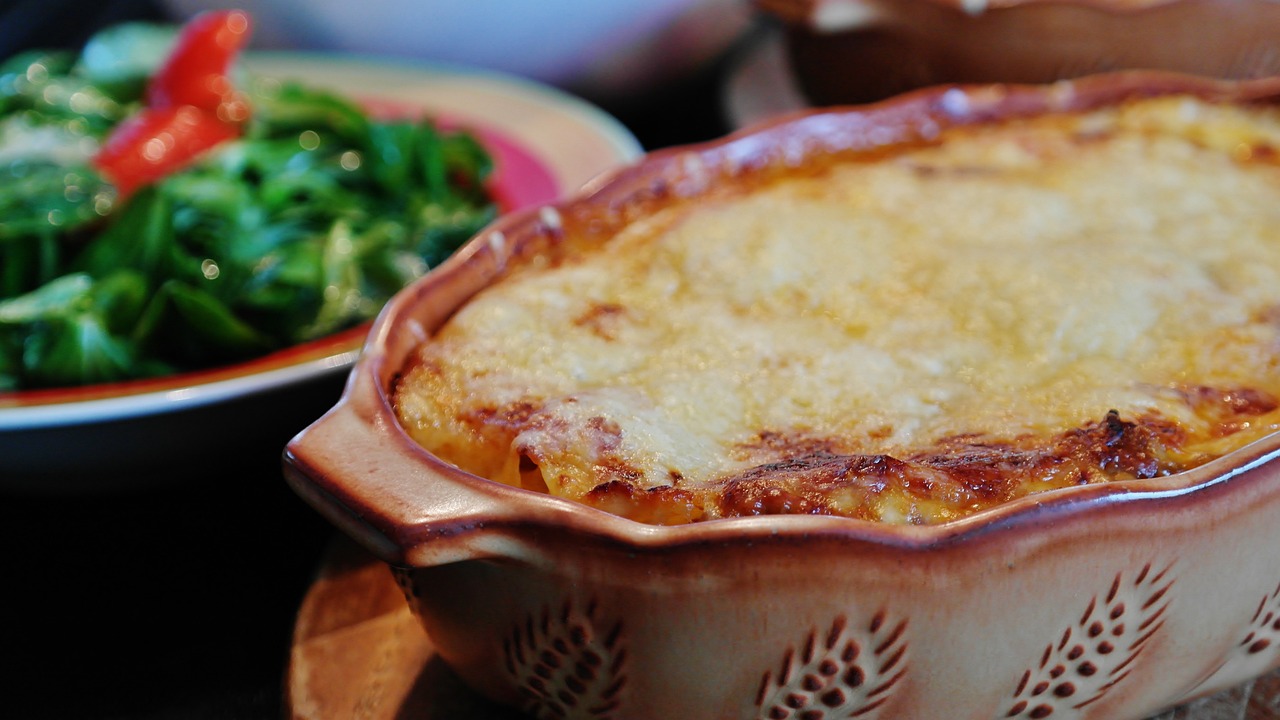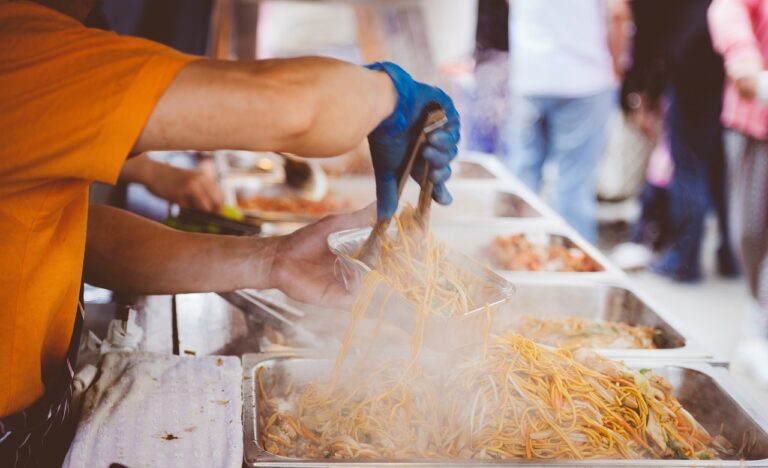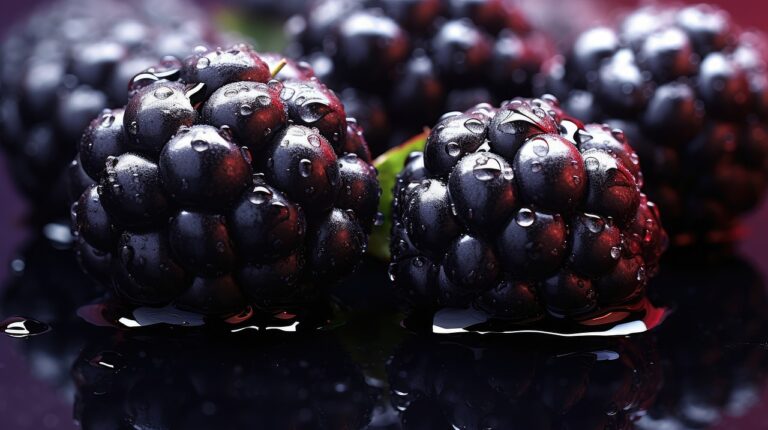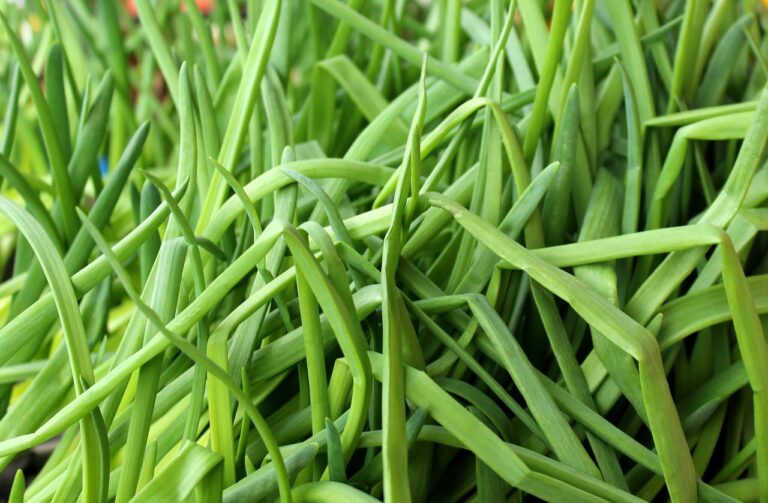The Evolution of Biodegradable Beer Packaging
allexchbet, 99exch, all panel.com:The Evolution of Biodegradable Beer Packaging
In recent years, there has been a growing concern about the impact of plastic waste on our environment. From single-use straws to food packaging, plastic pollution has become a major global issue. One industry that has been particularly scrutinized for its packaging choices is the brewing industry. With millions of cans and bottles being produced and consumed every year, beer packaging has a significant environmental footprint. However, breweries around the world are now making strides towards more sustainable packaging options, with the advent of biodegradable beer packaging.
The idea of biodegradable packaging is not new, but it has gained traction in recent years as more consumers demand eco-friendly solutions. Biodegradable packaging refers to materials that break down naturally in the environment, without leaving harmful residues behind. This is in stark contrast to traditional plastic packaging, which can take hundreds of years to decompose and often ends up in landfills or the ocean.
So, how has the beer industry responded to this challenge? Let’s take a look at the evolution of biodegradable beer packaging and the innovative solutions that breweries are implementing to reduce their environmental impact.
The Rise of Biodegradable Materials
One of the key developments in the beer industry’s quest for sustainability has been the use of biodegradable materials for packaging. These materials are typically made from plant-based sources, such as cornstarch, sugarcane, or bamboo, which can break down naturally in the environment. Biodegradable materials offer a more sustainable alternative to traditional plastic packaging, as they do not contribute to the accumulation of non-biodegradable waste.
Breweries around the world are now experimenting with biodegradable materials for their beer packaging, including cans, bottles, and even labels. By making the switch to biodegradable materials, breweries can reduce their environmental impact and appeal to eco-conscious consumers who are looking for more sustainable products.
Innovative Packaging Solutions
In addition to using biodegradable materials, breweries are also exploring innovative packaging solutions to further reduce their environmental footprint. One example of this is edible packaging, which is made from natural ingredients that are safe for consumption. Edible packaging can be used as a replacement for traditional plastic packaging, offering a unique and sustainable alternative for beer cans and bottles.
Another innovative packaging solution is compostable packaging, which is designed to break down quickly in a composting environment. Compostable packaging can be made from a variety of materials, including cornstarch, paper, and even mushroom mycelium. By using compostable packaging, breweries can ensure that their packaging does not contribute to landfill waste and can instead be returned to the earth as nutrient-rich compost.
The Future of Biodegradable Beer Packaging
As breweries continue to prioritize sustainability, the future of biodegradable beer packaging looks promising. With advancements in materials science and packaging technology, breweries have more options than ever to reduce their environmental impact and meet consumer demand for eco-friendly products.
One exciting development in biodegradable packaging is the use of bioplastics, which are plastics made from renewable resources such as corn or sugarcane. Bioplastics have the same properties as traditional plastics but are fully biodegradable, making them an ideal solution for beer packaging. By using bioplastics, breweries can create packaging that is both durable and eco-friendly, offering the best of both worlds for consumers and the environment.
Furthermore, breweries are also exploring options for refillable and reusable packaging, which can further reduce waste and resource consumption. Refillable beer bottles and growlers are gaining popularity as consumers seek more sustainable ways to enjoy their favorite brews. By offering refillable packaging options, breweries can help reduce the demand for single-use packaging and create a more circular economy for beer packaging.
FAQs
Q: Are biodegradable beer packaging materials as durable as traditional plastics?
A: Biodegradable materials can be just as durable as traditional plastics, depending on the specific material used. Some biodegradable materials are designed to be strong and resilient, making them suitable for packaging applications.
Q: How long does it take for biodegradable beer packaging to break down in the environment?
A: The time it takes for biodegradable packaging to break down varies depending on the material and environmental conditions. Some biodegradable materials can break down in a matter of weeks or months, while others may take longer.
Q: Can biodegradable beer packaging be recycled?
A: Biodegradable materials are not typically recyclable in the same way as traditional plastics. However, some biodegradable materials can be composted or recycled through specialized programs. It’s important to check with your local recycling facility to see if they accept biodegradable packaging materials.
Q: Are biodegradable beer packaging options more expensive than traditional plastics?
A: The cost of biodegradable packaging materials can vary depending on the material and production process. While biodegradable materials may be slightly more expensive than traditional plastics, the long-term environmental benefits often outweigh the upfront cost.
In conclusion, the evolution of biodegradable beer packaging is a testament to the brewing industry’s commitment to sustainability. By embracing innovative materials and packaging solutions, breweries are taking important steps towards reducing their environmental impact and meeting consumer demand for eco-friendly products. As the demand for sustainable packaging continues to grow, we can expect to see even more innovative solutions in the future. Cheers to a greener future for beer packaging!







